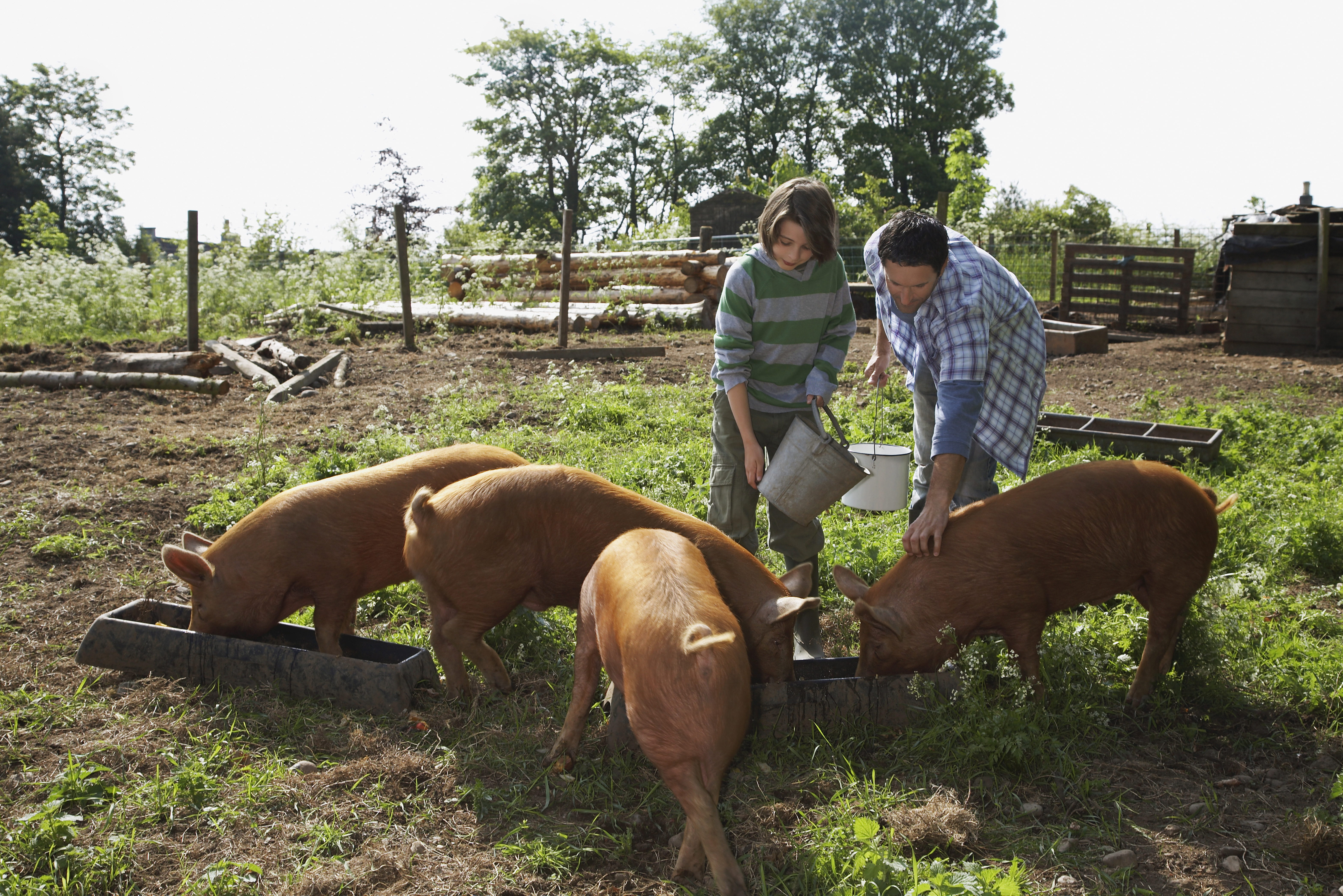



Farming continues to have highest rate of fatal injury of all sectors
Leading farm safety charity, the Farm Safety Foundation, reveals that 39 people have lost their lives on farms this year, despite awareness of farm safety being at an all-time high.Leading farm safety charity, the Farm Safety Foundation, is calling on those working in agriculture to make a real change, following the increasing number of farmers and farm workers killed at work over the past year.
To mark the start of Farm Safety Week (15 – 19 July), the Health and Safety Executive has released its latest Fatal Injuries in Agriculture, Forestry & Fishing for Great Britain 2018/2019 report. This year, 39 farmers, farm workers and members of the public lost their lives on farms in Great Britain. Despite increased awareness of the issue (68 percent of farmers have awareness of Farm Safety Week), farming still has the highest rate of fatal injury of all the main industry sectors, around 18 times as high as the all industry rate, accounting for more than 22 percent of all workplace fatalities.
The new HSE stats for 2018/19 reveal that over a third of all agricultural fatalities recorded in the report were as a result of moving vehicles (36 percent), followed by animals (23 percent) and falls (18 percent). The ages of those suffering fatal injuries is also alarming – eight people (25 percent) were over the age of 65, while two of those killed were children. Despite the work being done to improve the industry, agriculture continues to have the poorest safety record of any occupation in the UK.
Now in its seventh year, from 15-19 July, Farm Safety Week will bring together five countries over five days with one goal – to inspire farmers to look after their physical and mental wellbeing and reduce the number of life-changing and life-ending accidents on our farms. This year’s Farm Safety Week will concentrate on making a real change, bringing the focus back to farmers, farm workers and those living and working in rural communities to deliver real stories, inspiration and messages directly to them.
“Agriculture is a critical part of our economy.” explains Andrew Turner, Head of Agriculture, Health & Safety Executive. “But every year we have to report that agriculture has the poorest safety record of any occupation in the UK. This is made even more tragic by the fact that the deaths and injuries are avoidable. The precautions to prevent people being killed and maimed on farms are well known and can be easily applied.”
Throughout this year’s campaign, the Farm Safety Foundation, supported by the Farm Safety Partnerships, the Health & Safety Executive, Health & Safety Executive for Northern Ireland and the Health & Safety Authority, Ireland, will demonstrate how safety innovations and improved inspection and maintenance can build business resilience, highlighting organisations helping build personal resilience and introduce some incredible farmers that have been influenced by circumstances, stories or personal experiences to make a real change.
Stephanie Berkeley who manages the Farm Safety Foundation said: “Farming, as an industry, is vital to the UK economy – it is the bedrock of our food and drink industry. On a farm, as with any business, the number one resource is the people so why do farmers still give more attention to their livestock, crops and machinery than to themselves and their own wellbeing?”

Lindsay Sinclair, Chief Executive of NFU Mutual, which set up the Farm Safety Foundation explains: “According to our recent Voice of the Farmer survey of 1,800 farmers across the UK, awareness of farm safety has never been higher (68 percent of farmers surveyed are aware of Farm Safety Week). The Farm Safety Foundation has trained over 8,500 young farmers in colleges and YFCs across the country. It’s great to see the next generation becoming more actively engaged in a really practical way to embrace a better attitude to farm safety but changing a culture takes time and commitment. With 47 percent of all agricultural worker fatalities occurring in the over 60s age group, there is quite literally a crying need for all of us to think how we can step up our own efforts to make a difference more quickly. ‘What can I do today that will help to change things?’ should become the first thought for the day for everyone, every day.”
Stephanie agrees: “Many farmers are using technology, learning business skills and taking innovative steps to make their farm businesses safe, resilient and sustainable but it is equally important for them to realise that they are the farms greatest asset? Investing in your physical and mental wellbeing will be the only way to really future proof your business… and your life.”
“Honesty is a highly respected attribute in the farming community. Real stories have the power to cut through because they are rooted in truth and, this year, we have some truly inspirational people who have shared their journey, their personal experience and how they are using this to drive change and, in one case, what that ‘lightbulb moment’ was… literally.
“Over the past six years, we have delivered successful campaigns and we will continue to do so. The Farm Safety Foundation can continue to train the next generation, conduct research into farm safety behaviours and attitudes and use these real stories to create powerful and emotive films but the rest is up to you. Real change lies in your hands...”
For more information on Farm Safety Week visit www.yellowwellies.org or follow @yellowwelliesUK on Twitter/Facebook using the hashtag #FarmSafetyWeek.








